Climate Action for Improved & Sustainable Livelihoods (CAISL)

PROJECT DETAILS
| Project partners: | Nordic Folkecenter for Renewable Energy (project coordinator) Uganda Coalition for Sustainable Development (UCSD) Joint Energy and Environment Projects (JEEP Folkecenter) |
| Project countries: | Denmark, Uganda |
| Type of project: | Capacity building |
| Funding: | CISU – Civil Society in Development |
PUBLICATIONS
| CAISL brochure | Download in English |
| Statement: Opportunities, Challenges and Options in Transforming Livelihoods Through Clean Energy Access in Nebbi District | Download in English |
PROJECT NEWS
CAISL: Monitoring visit
Videos from the CAISL Seminar are now available
Renewable Energy Conference 2024 (#REC24) in Munyonyo
CAISL: “A small project with huge significance”
Seminar on the CAISL Project (DA)
Nordic Folkecenter Visits JEEP Folkecenter in Uganda
ABOUT THE PROJECT
The project focuses on the promotion of sustainable local energy solutions and improved livelihoods for poor rural communities in the Nebbi district (Uganda); the goal is to make the district a model for climate mitigation measures and for building up community resilience, accessibility to environmentally friendly solutions and advocacy skills.
The intervention focuses mainly on youth and women participation and it will provide efficient advocacy techniques to stimulate the implementation of Uganda’s Environmental and Climate Laws.
SDGs IN THE PROJECT
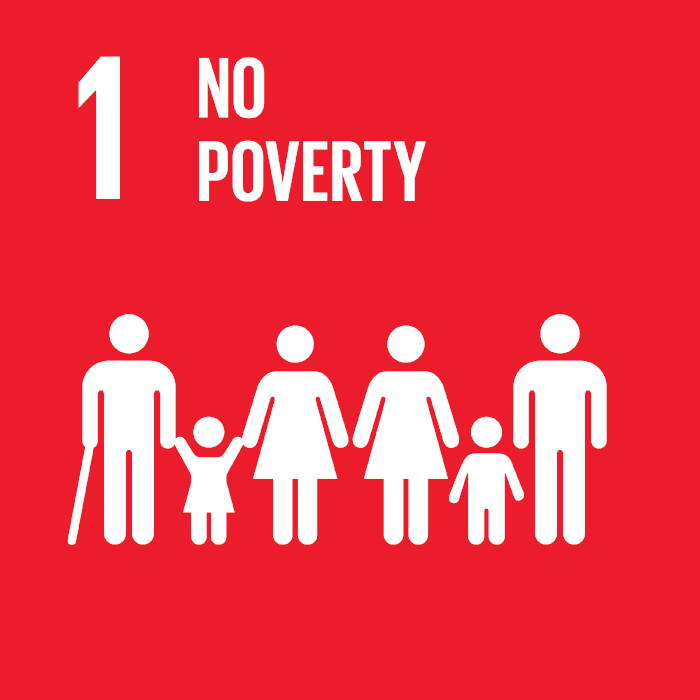

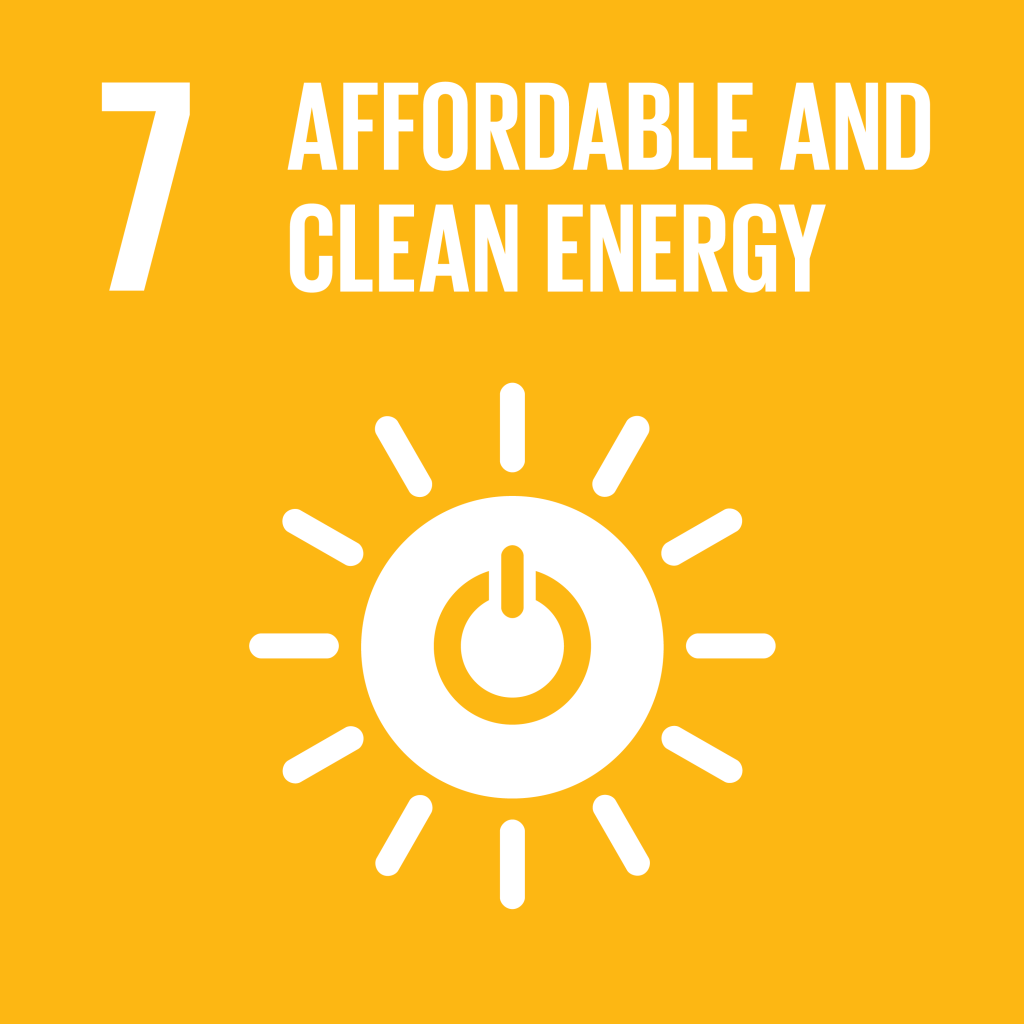


PRIMARY PURPOSE OF THE PROJECT
Combating climate change and building community resilience through sustainable energy solutions are the primary purposes of this project. To achieve these, extensive training and demonstration of concrete examples of sustainable energy solutions will be carried out. There will also be a focus on educating and training the local community in targeted local advocacy with the long-term goal of achieving national advocacy for climate change and sustainable energy solutions.
CAISL is focusing on the Nebbi District (ND) in Northern Uganda to make it a JEEP model district in climate mitigation measures and to built community resilience, accessibility to eco-friendly solutions and advocacy skills. The intervention has a particular focus on the participation of young people and women.
To achieve the goals, Trainers of Trainers (TOTs) from the previous intervention (EASE & CA) will collaborate with JEEP in hands-on training. TOTs from JEEP and UCSD will be trained at organizational level in the Nebbi District and their goal will be to build effective advocacy organizations using evidence-based argumentation and strengthening positive dialogue. The purpose is to secure support and commitment from local politicians.
In the project there will be various activities, including awareness raising, establishment of mobile energy hubs and training of members of community-based organizations (CBOs) in cooking, solar energy and tree planting.
All activities will be carried out within the Nebbi District to ensure a targeted and focused effort to make it a sustainable and climate change resilient community.
CHALLENGES TO BE TACKLED
1. Climate change: Climate change has made agricultural activities in the Nebbi District difficult. Implementation of mitigation measures is needed to ensure that farmers can continue their production despite climate variations.
2. Land Degradation: Nebbi District suffers from severe land degradation affecting agricultural production and ecosystem health. Measures must be taken to combat and restore the soil to ensure sustainable and productive agricultural practices.
3. Deforestation: The forest cover in the area has become scarce due to uncontrolled deforestation. This has negative consequences for both the environment and the local population, who need wood for the construction of local houses. Initiatives for sustainable forest management and tree replanting must be implemented.
4. Energy supply: Firewood and other energy sources are essential for cooking in the area, and the need is growing due to population growth. At the moment, however, there is widespread use of open fires and fires with 3 stones for cooking, which has negative consequences for both health and the environment. There is a need to promote the use of sustainable and alternative energy sources for cooking, to reduce environmental damage and improve the quality of life for the local population.
Illiteracy is widespread due to past political instability that has prevented children from going to school.
Efforts must be made to educate about lifestyle changes and involve the growing group of unemployed youth to actively participate and use their potential together with women. Women often participate in literacy programs, which increases their interest in new ideas about improved lifestyles.
ND women are generally interested in earning money and starting small businesses in conjunction with their farm/garden work. They want to help ensure a secure existence for their families who always need financial support for food, clothing, schooling and healthcare. However, they lack the skills and resources to realize their ambitions.
In order to educate about lifestyle changes and raise awareness of the importance of sustainable development, it is necessary to use a wide range of means and strategies. Educational programs, workshops and information campaigns can play a central role in raising awareness of environmental challenges and promoting alternatives to traditional fuel sources.
The intervention will introduce effective advocacy methods that will promote the implementation of Uganda’s Environment and Climate Act as well as ensure the incorporation of sustainable energy solutions into local development plans via financial support.
As an umbrella organization, UCSD will also strive to advance this advocacy effort at the national level for the benefit of rural populations who currently suffer from a lack of access to affordable, healthy and sustainable solutions.
STRENGTHENING CIVIL SOCIETY AND CIVIL ORGANIZATIONS
1. Education and Capacity Building: JEEP and UCSD will work with the educated beneficiaries, private sector organizations, Civil Society Organizations (CSOs) and the Department of Renewable Energy under the Ministry of Energy and Mineral Development to provide sustainable energy access with application and utilization of renewable energy sources in civil society (homes and schools) i.e. solar energy, energy-saving stoves and fireless basket stoves. This will increase civil society’s knowledge and capabilities in sustainable energy and strengthen their opportunities to influence and implement similar projects in the future.
2. Community involvement: By introducing and promoting sustainable energy solutions such as solar energy and energy-saving stoves in homes and schools, the intervention will create awareness and interest in the local community. This will increase civil society’s commitment and involvement in environmental and climate issues and strengthen their ability to influence political decisions and demand action from the authorities.
3. Partnerships and networks: The intervention will also involve collaboration with various stakeholders, including the beneficiaries of the action, private companies, CSOs and government agencies. This will help build stronger partnerships and networks within civil society, which will strengthen their ability to collaborate, share knowledge and resources, and overall strengthen their influence and effectiveness in influencing policies and programs.
Overall, the action will contribute to strengthening civil society by increasing their knowledge, capacity and commitment within sustainable energy, establishing partnerships and networks and ensuring their active role in influencing decision-making processes and implementing political initiatives.
In this intervention, different actors are involved in advocacy, awareness raising and training. This includes environmentalists, community-based organizations (CBOs), and local political, cultural and religious leaders. Their participation and commitment are crucial to achieving the desired changes in the intervention area.
Through various activities, the intervention will help to strengthen civil society and increase the visibility and popularity of JEEP and UCSD among the local population as well as district and ministry level officials. This will create favorable conditions for cooperation and support for the implementation of environmental and climate initiatives, as well as further future interventions.
Activities will include capacity building where environmental advocates and CBOs will receive training and resources to conduct effective advocacy. In addition, awareness-raising campaigns involving local political, cultural and religious leaders will be held, as their influence and credibility are essential to reach the community and raise awareness of environmental and climate issues.
This broad involvement of various actors will contribute creating a solid and sustainable platform for change and implementation of environmental and climate initiatives. It will also strengthen collaboration and partnerships between JEEP, UCSD and other stakeholders, which will ultimately benefit the intervention area and affected communities.
GALLERY







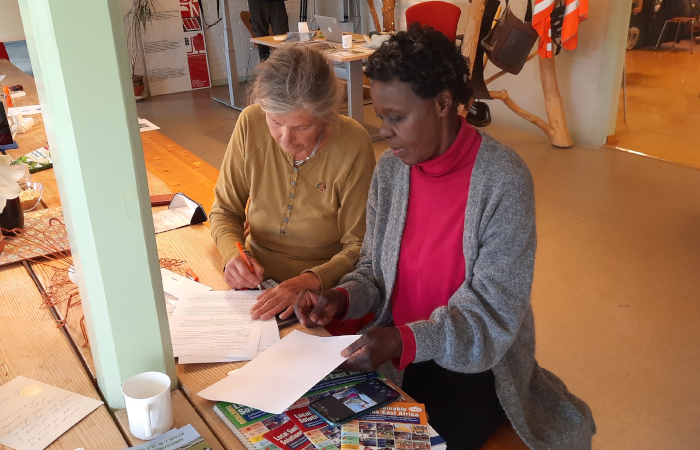
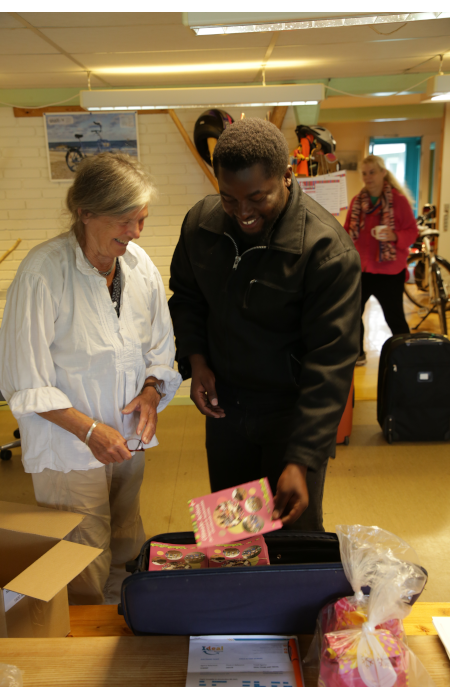




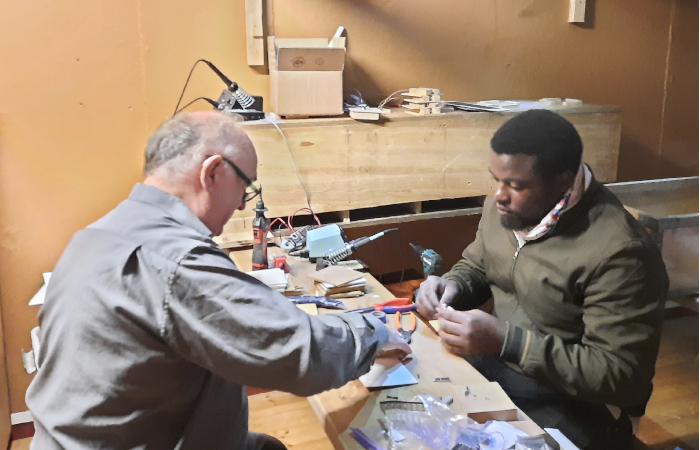
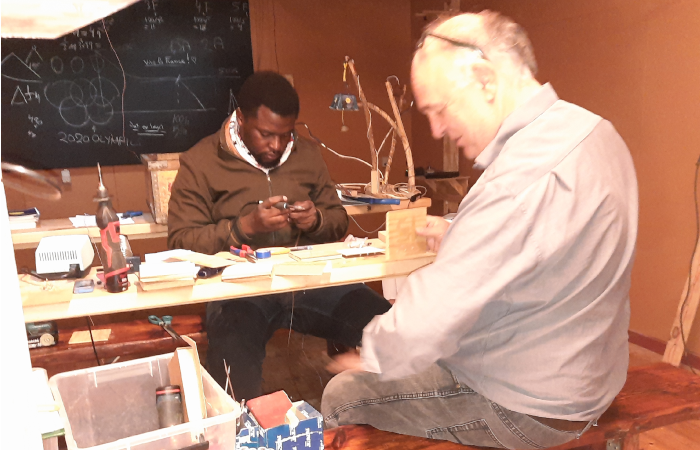
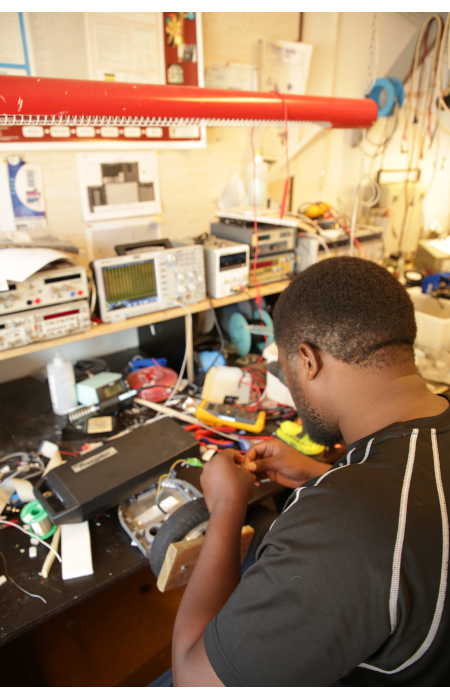



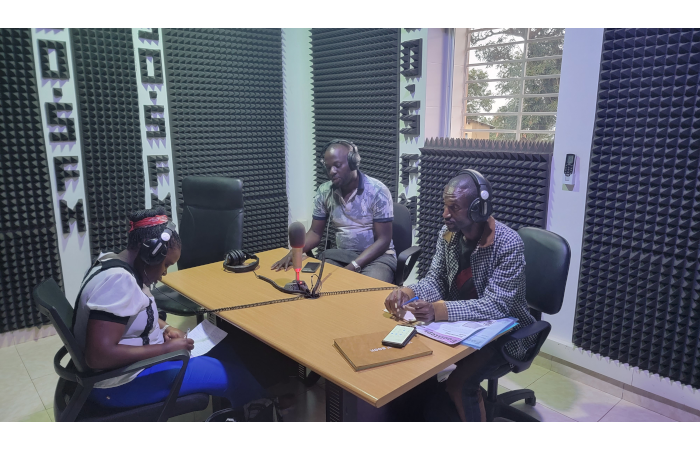
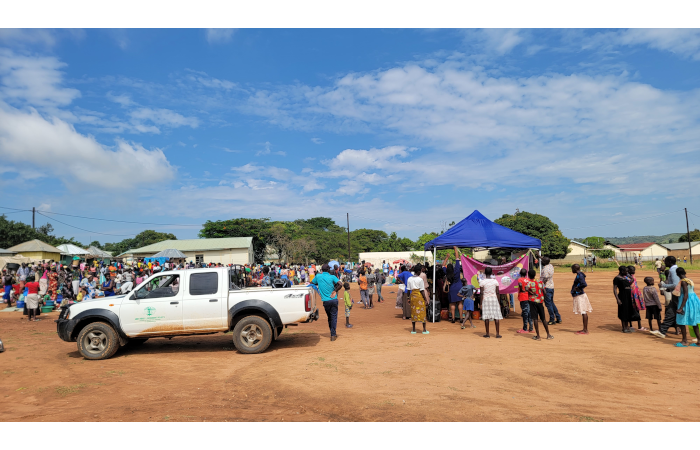




PROJECT PARTNERS

Nordic Folkecenter for Renewable Energy
The project is supported by CISU – Civil Society in Development









